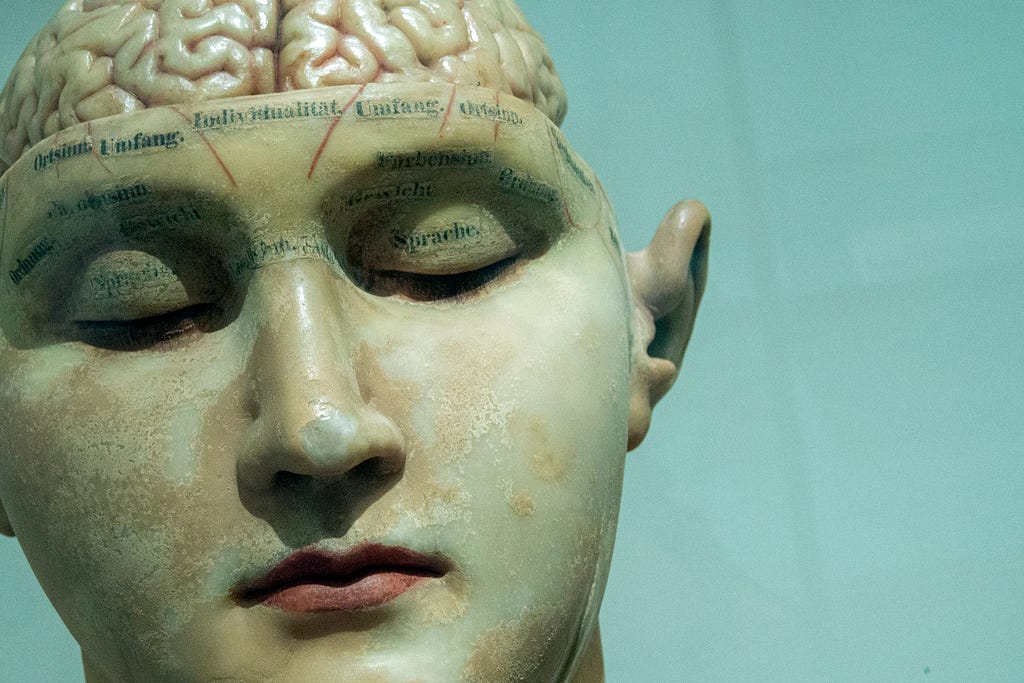Frontotemporal dementia (FTD) is a progressive brain disorder that affects the frontal and temporal lobes of the brain, leading to a decline in cognitive function, behavior, and language. This condition is often misdiagnosed as other types of dementia, such as Alzheimer’s disease, making it challenging to treat.

If you or a loved one has been diagnosed with FTD, it can be helpful to understand the stages of the disease. Here, we’ll discuss the seven stages of FTD and what to expect during each stage.
Stage 1: Normal Behavior and Functioning In the first stage of FTD, there are no noticeable symptoms, and the person is still able to function normally in their daily life.
Stage 2: Mild Changes in Behavior and Emotions During the second stage, the person may begin to experience changes in their behavior and emotions, such as increased irritability, apathy, or loss of empathy. They may also experience a decline in executive functioning, such as difficulty with planning and decision-making.
Stage 3: Moderate Behavioral and Emotional Changes During this stage, the person’s behavioral and emotional changes become more apparent and can have a significant impact on their daily life. They may begin to exhibit socially inappropriate behavior, such as making inappropriate comments or gestures, and their speech may become more difficult to understand.
Stage 4: Early Language and Speech Changes In this stage, the person may begin to experience difficulty with language and speech, such as trouble finding the right words or using them in the correct context. They may also have difficulty with comprehension and understanding.
Stage 5: Middle Stage of Language and Speech Changes During this stage, the person’s language and speech problems become more severe, and they may begin to rely on nonverbal communication, such as gestures or facial expressions, to communicate. They may also experience difficulty with basic motor skills, such as walking or sitting.
Stage 6: Late Stage of Language and Speech Changes In this stage, the person may lose the ability to speak altogether, and their motor function may be severely impacted, making it difficult to walk or perform basic tasks. They may also experience hallucinations, delusions, and other psychological symptoms.
Stage 7: Severe Impairment The final stage of FTD is characterized by severe cognitive and physical impairment, and the person may require round-the-clock care. They may no longer be able to recognize family members or communicate in any way.
While the stages of FTD can provide a framework for understanding the progression of the disease, it’s important to remember that each person’s experience with the condition is unique. There is currently no cure for FTD, but early intervention and treatment can help manage symptoms and improve quality of life for those affected.
If you or a loved one is experiencing any of the symptoms associated with FTD, it’s important to speak with a healthcare provider who can provide an accurate diagnosis and recommend appropriate treatment options.
What is frontotemporal dementia and what are the 7 stages? was originally published in Salubri on Medium, where people are continuing the conversation by highlighting and responding to this story.